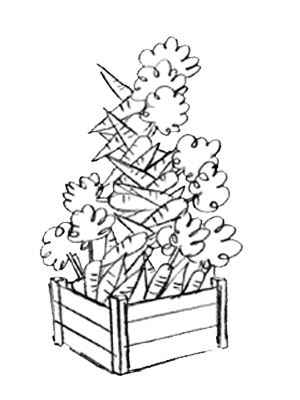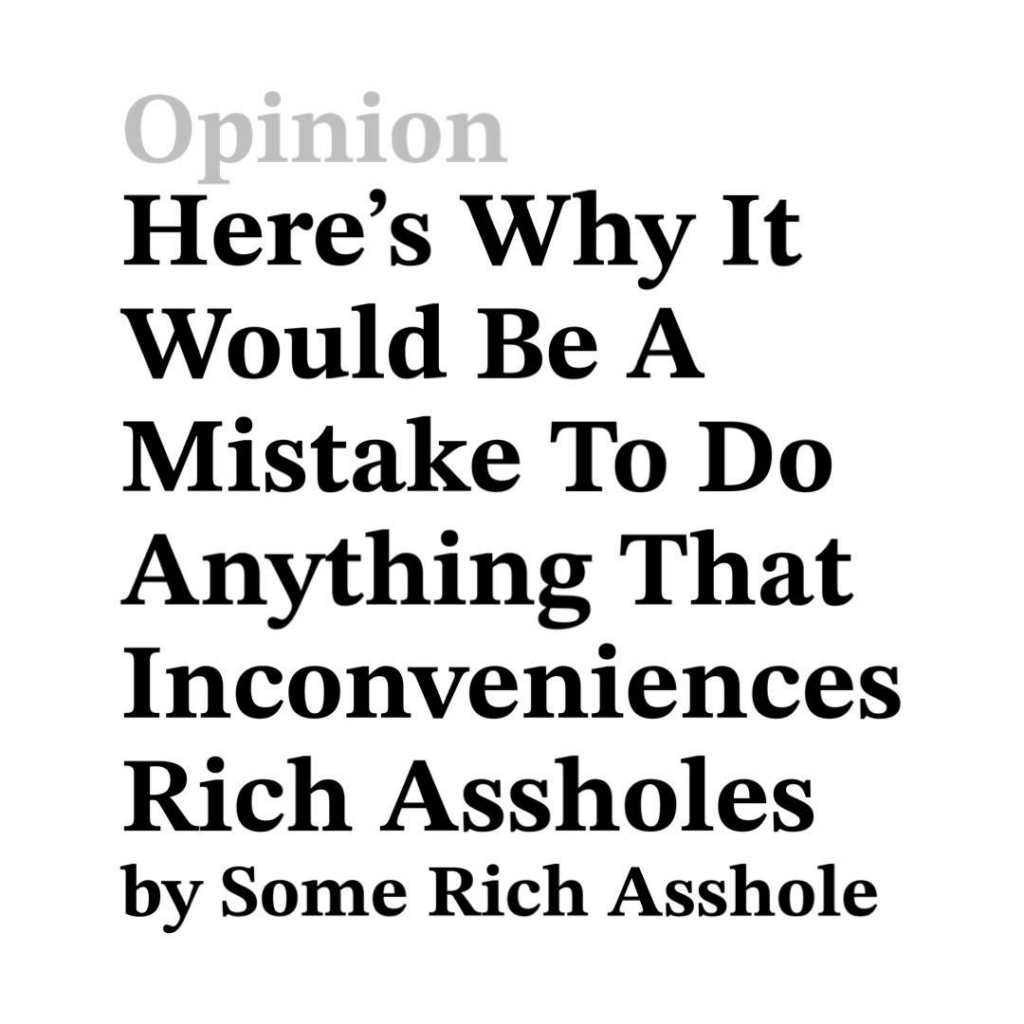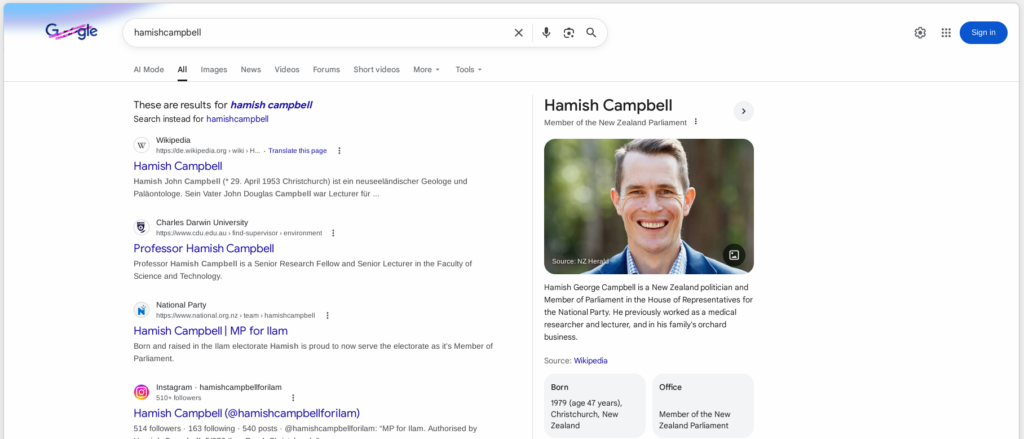If you’ve spent years in #FOSS, you’ve likely developed a strong allergy to vague political language. You care about licenses, reproducibility, governance models, and whether something actually runs. Good. That discipline is why free software exists at all.
But here’s the uncomfortable question, what if the biggest blocker to the #openweb right now isn’t technical debt – but social debt? And what if “good faith” is not a moral nicety, but a core infrastructure requirement?
The problem is when activism meets the #geekproblem. Anyone who pushes for change – especially against #mainstreaming pressures – develops a recurring relationship with bad faith. You see this when:
- Corporate actors adopt the language of openness while enclosing the commons.
- Institutions celebrate “community” while centralizing control.
- Projects technically comply with openness while culturally gatekeeping participation.
This isn’t new, but the scale is new, in the age of #dotcons, #NGO enclosure is polished, funded, and normalized. Resistance generally fragmented, exhausted, and defensive as years of platform manipulation and extractive models have left people burnt out and cynical. In that climate, good faith is fragile, yet without it, nothing decentralized works. Good faith is infrastructure, decentralized systems cannot rely on coercion at scale. They rely on:
- Trust
- Transparency
- Shared norms
The assumption is that participants are not actively trying to sabotage the commons, as when bad faith dominates, decentralized governance collapses into:
- Endless meta arguments
- Capture by the loudest actors
- Drift toward hierarchy “for efficiency”
Sound familiar? This is why good faith isn’t sentimental, it’s structural. If you’ve ever tried to maintain a FOSS project while navigating trolls, corporate opportunists, and purity politics, you already know this.
To help the #4opens is a practical test, not a vibe. The #4opens framework exists precisely to operationalize good faith. It asks four simple questions of any grassroots tech project:
- Is the data open?
- Is the source open?
- Are the processes open?
- Are the standards open?
This extends beyond traditional open data initiatives (often institutional, often cosmetic). It covers the entire ecosystem of a project, not just its outputs. The value is not ideological purity, it’s resilience. When data, code, process, and standards are open:
- Capture becomes harder.
- Forking remains possible.
- Governance can be contested transparently.
- Communities can leave without losing everything.
That’s not abstract politics, it’s survival architecture. Composting the current rot is why #OMN exists as a project. We are living in a digital environment thick with enclosure and manipulation. Years of bad faith, disempowerment, and algorithmic extraction have created social decay. The instinct of many geeks is to build a cleaner stack and hope people migrate. But the problem isn’t just software, it’s trust collapse.
If the #openweb is to mean anything beyond developer autonomy, it has to support collective storytelling and coordination, not just individual expression. #OMN is a shovel, not a cathedral. It’s a way to compost the mess rather than pretend it isn’t there.
The #OMN (Open Media Network) is not a shiny new protocol. It’s deliberately simple: Publish, Subscribe, Moderate, Rollback, Edit. That’s it, no engagement hacks, no growth funnels and no surveillance capitalism. It’s a #DIY, trust-based, human-moderated space. Messy, organic, built for communities, not only users.
This matters in the era of #climatechaos and social break down. As climate instability accelerates, centralized platforms will align with state and corporate power to prioritize “order” over dissent and optimize for profitability in shrinking margins.
To balance these communities will need coordination without permission, information flows that aren’t algorithmically distorted and infrastructure they can adapt locally, that’s a social demand. If #FOSS remains culturally optimized for the small minority who enjoy living inside the #geekproblem, it will not meet that demand at all.
We need to understand that the vast majority do not want to self-host, they do not want to debate licences, they do not want to live inside issue trackers. They want functioning, trustworthy spaces, if we can’t provide that, someone else will – and it won’t be #4opens.
The hard part is working with the empowered disempowered of our #fashionista class. We have a generation trained in #closed systems that reward performative critique over collective construction. On #dotcons platforms and strands of #NGO thinking, people are empowered to disempower others with common sense #blocking of call-out culture, optics over substance and branding over shared process. You get a strange anti-politics, egotistical, individualistic, allergic to long-term responsibility. A culture that critiques power while replicating it. Escaping this dynamic may be uncomfortable, it may get nasty before it stabilizes.
But here are some kinder strategies we can use:
- Make contributions obvious and low-drama, clear process reduces ego battles.
- Reward maintenance, not only innovation, culture follows incentives.
- Default to transparency over suspicion, sunlight reduces paranoia looping.
- Design for groups, not influencers, collective accounts, shared moderation, distributed ownership.
- Keep it simple (#KISS), as complexity amplifies gatekeeping.
None of this eliminates conflict, but it shifts the terrain from personality warfare to shared work.
An invitation to the sceptics, you don’t need to buy the rhetoric, maybe ask instead does this increase forkability? Reduce capture risk? Does it lower dependence on extractive infrastructure to strengthen collective agency? If the answers are yes, they belong in the #FOSS conversation. The future of the #openweb will not be secured by better branding or cleverer stacks. It will be secured by projects that treat good faith as a design constraint and collective resilience as the goal.
This is not about purity, it’s about durability. We can keep polishing tools for the tiny minority who enjoy living inside the #geekproblem, but, we need to build infrastructure that ordinary communities can also use to navigate the storms ahead. The invitation stands, pick up a shovel, help compost the mess by build something that gives back more than it extracts.
#4opens #indymediaback #openweb #compostingthemess #KISS #makeinghistory #OMN













